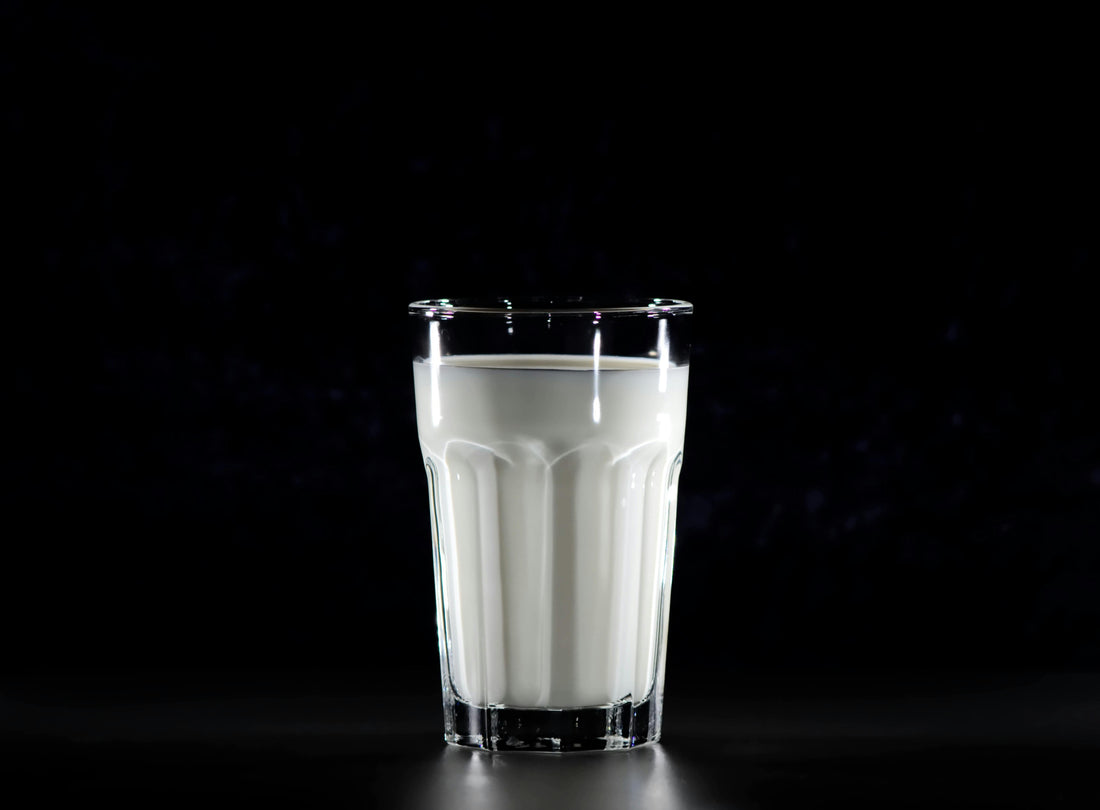
Chocolate Milk as a Post-Workout Recovery Drink
Share
If you’ve ever wondered whether chocolate milk is just a tasty treat or a genuine sports recovery drink, you’re not alone. Athletes, coaches, and researchers have debated its benefits for years. A recent systematic review and meta-analysis looked at multiple studies to see if chocolate milk can really help after exercise. Here’s what the evidence says, explained in simple terms.
Why Recovery Nutrition Matters
After intense exercise, your body needs to:
- Refill muscle and liver glycogen (stored energy)
- Replace fluids and electrolytes lost through sweat
- Repair and rebuild muscle tissue
Choosing the right drink can speed up recovery and prepare you for your next workout or competition.
What’s in Chocolate Milk?
Chocolate milk is more than just milk with cocoa and sugar. A typical 500 ml serving contains about 16 g of protein and 52 g of carbohydrates. It also has:
- Calcium and sometimes vitamin D
- Electrolytes like sodium and potassium
- A mix of casein and whey protein, which help with muscle repair
- A small amount of fat, which may help provide a steady energy source
This combination makes it similar to some commercial sports recovery drinks, but with added nutrients and flavor.
What the Research Looked At
The review analyzed results from 12 studies that compared chocolate milk to water, carbohydrate-only drinks, and other sports drinks with protein and fat. Researchers examined different markers of recovery, including:
- Time to exhaustion (how long you can keep going before fatigue)
- Ratings of perceived exertion (how hard the workout feels)
- Blood lactate (a measure linked to muscle fatigue)
- Creatine kinase (a marker of muscle damage)
- Heart rate after exercise
Key Findings
-
Performance Benefits
Overall, chocolate milk did not consistently outperform other recovery drinks in all measures. But when compared to plain water or some carbohydrate-protein-fat drinks, it sometimes improved time to exhaustion, meaning athletes could exercise for longer before feeling tired.
-
Muscle Fatigue
Chocolate milk reduced blood lactate levels compared to water in some studies, which may help delay fatigue. However, the results were mixed and more research is needed.
-
Muscle Damage
For creatine kinase levels, results were inconsistent. In most cases, chocolate milk was no better or worse than other recovery drinks.
-
Perceived Effort
How hard athletes felt they were working did not change much whether they drank chocolate milk or another recovery drink.
-
Heart Rate
There was no consistent difference in heart rate recovery between chocolate milk and other beverages.
Why It Might Work
The balance of carbohydrates and protein in chocolate milk can help refill energy stores and support muscle repair. Protein stimulates muscle protein synthesis, while carbohydrates help restore glycogen. The small amount of fat may help provide longer-lasting energy, and the electrolytes assist in rehydration.
Practical Advice for Athletes
- Timing matters: Have chocolate milk soon after your workout for the best recovery benefit.
- Portion size: Around 500 ml works well for most athletes after a hard session.
- Not a magic bullet: Chocolate milk can be as effective as many sports drinks, but it’s not guaranteed to give extra benefits every time.
- Watch added sugars: If you’re watching your calorie intake, remember chocolate milk contains added sugar.
- Personal tolerance: Some people may be lactose intolerant or prefer non-dairy alternatives. Chocolate soy milk has shown similar recovery benefits in some studies.
Bottom Line
Chocolate milk is a convenient, tasty, and affordable recovery option that provides the carbohydrates, protein, and fluids your body needs after exercise. It may not outperform every sports drink in every situation, but it often matches their benefits and sometimes even offers an edge. For many athletes, it’s a practical choice for refueling and repairing muscles after a tough workout.
